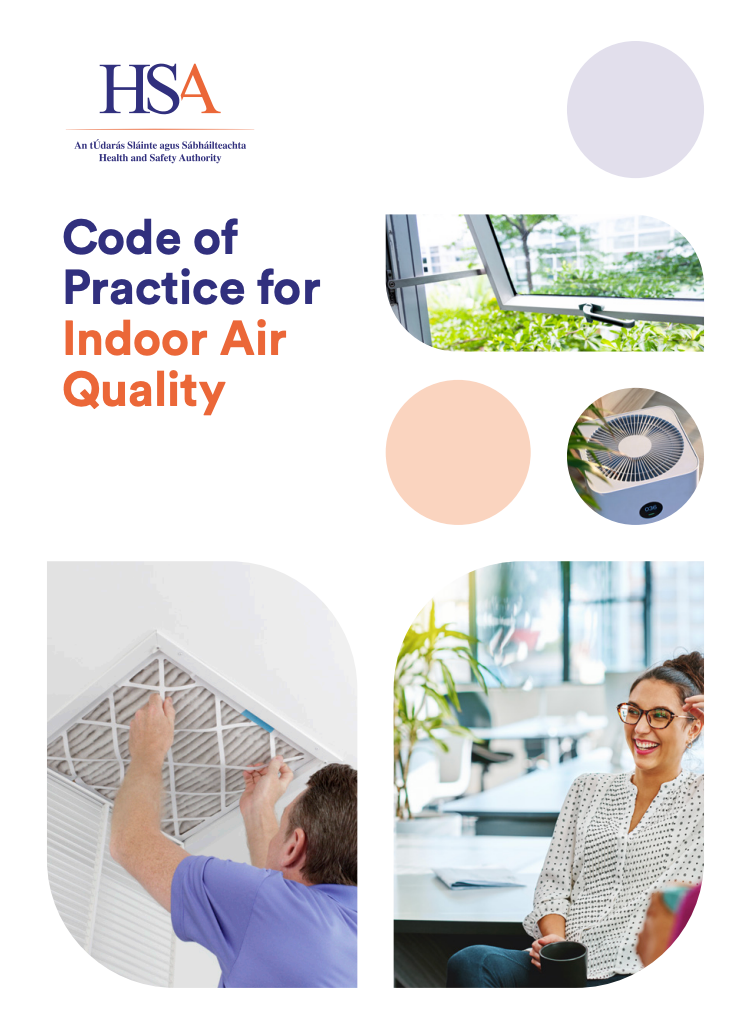An Air Quality Management Assessment (AQMA) is an assessment used to establish a baseline of Air Quality within an area. They look at emission sources and their impact on the Air Quality of an area and are used to inform Air Quality management activities. They are typically used for proposed developments to determine the impact they will have on the environment around them if the project were to go ahead. They will also identify the impact of the existing Air Quality on the proposed development, helping to determine suitability.
For local authorities, they are a vital tool for meeting Air Quality goals and avoiding developments which could move them away from their targets. Air Quality is a core consideration for planning applications meaning, for developers, Air Quality Assessments are key to avoiding delays and should be considered prior to planning.
The Air Quality Assessment Process
Establishing Baseline Conditions
Understanding the baseline Air Quality of an area is fundamental to the Air Quality Management Assessment, especially with new Bio Diversity Laws coming into place later this year where a net gain of 10% Bio Diversity has to be achieved. Everything which follows the baseline assessment is determined on the basis of this analysis. Authorities must first understand what they are working with, and how it relates to their goals before they can make informed decisions about projects and what further assessments are needed.
Furthermore, Air Quality Assessments work in both directions. It is not only an assessment of how a project will impact the local Air Quality but how the local Air Quality will impact the project. Existing Air Quality may not be suitable for some projects - an initial baseline assessment can rule these projects out early, saving the developers and authorities time and money.
Establishing the Scope of the Air Quality Assessment
One of the earliest stages in the Air Quality Management Assessment process is to determine if an assessment is needed. They are not required for all projects, and some projects will require less detailed assessments than others.
We work closely with local authorities to understand their policies and requirements. This allows us to fully understand the scope of the assessment that is required to produce the most time-efficient and cost-effective solution whilst delivering an accurate assessment to the level needed.
Detailed Air Quality Assessment
The initial assessments will unveil the full scope of what is required of the AQAM, and what detail is required. If a more thorough assessment is needed, we can conduct a detailed analysis assessing the composition of the air, sources of pollution and much more.
Residential Suitability Assessment
If applicable, an Air Quality Management Assessment can include a residential suitability assessment. Though not needed for all projects, it is a crucial assessment for applicable developments and must not be overlooked.
Construction Dust Risk Assessment
The risks to Air Quality do not only lay in the finished development but in the construction itself. An Air Quality Management Assessment will include a Construction Dust Assessment and, where required, a management plan identifying measures to mitigate the impact of the construction process.
Air Quality Considerations
There are many factors that influence Air Quality and numerous ways a new development can affect the quality of the air around it. An AQMA can consist of a number of elements to provide a comprehensive air quality analysis.
An Air Quality Assessment may look at; construction impacts, the introduction of new exposure, impact on the road network, and source emissions.
Construction Impacts
such as construction dust and emission from construction traffic will be taken into consideration when assessing the Air Quality impact of a project.
New sources of exposure
may hinder local authorities' efforts to improve air quality and, therefore, may be an obstacle to receiving approval.
Some developments may have an
effect on road networks, increasing traffic and, in turn, the emitted vehicle fumes in some areas. This will need to be considered early in the process as it could have a significant and ongoing impact following a project's completion.
An assessment of the impact from point sources may also be required for some developments. An assessment of emissions from point sources will consider emissions from biomass boilers and Combined Heat and Power (CHP) plants.
Book an Air Quality Management Assessment
Ultra Protect are Air Quality Professionals. We deliver a range of Air Quality Assessment and management services, including Internal Air Quality Assessments, Dust Management Assessments, and Air Quality Management Assessments. We combine in-depth knowledge of air quality industry guidance with various analytical techniques to produce an accurate analysis of your air quality.
To find out more, speak with one of our air quality experts. Call 0800 6446605.







